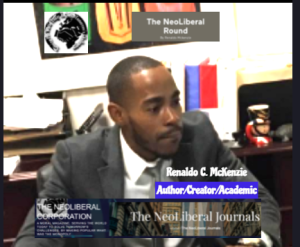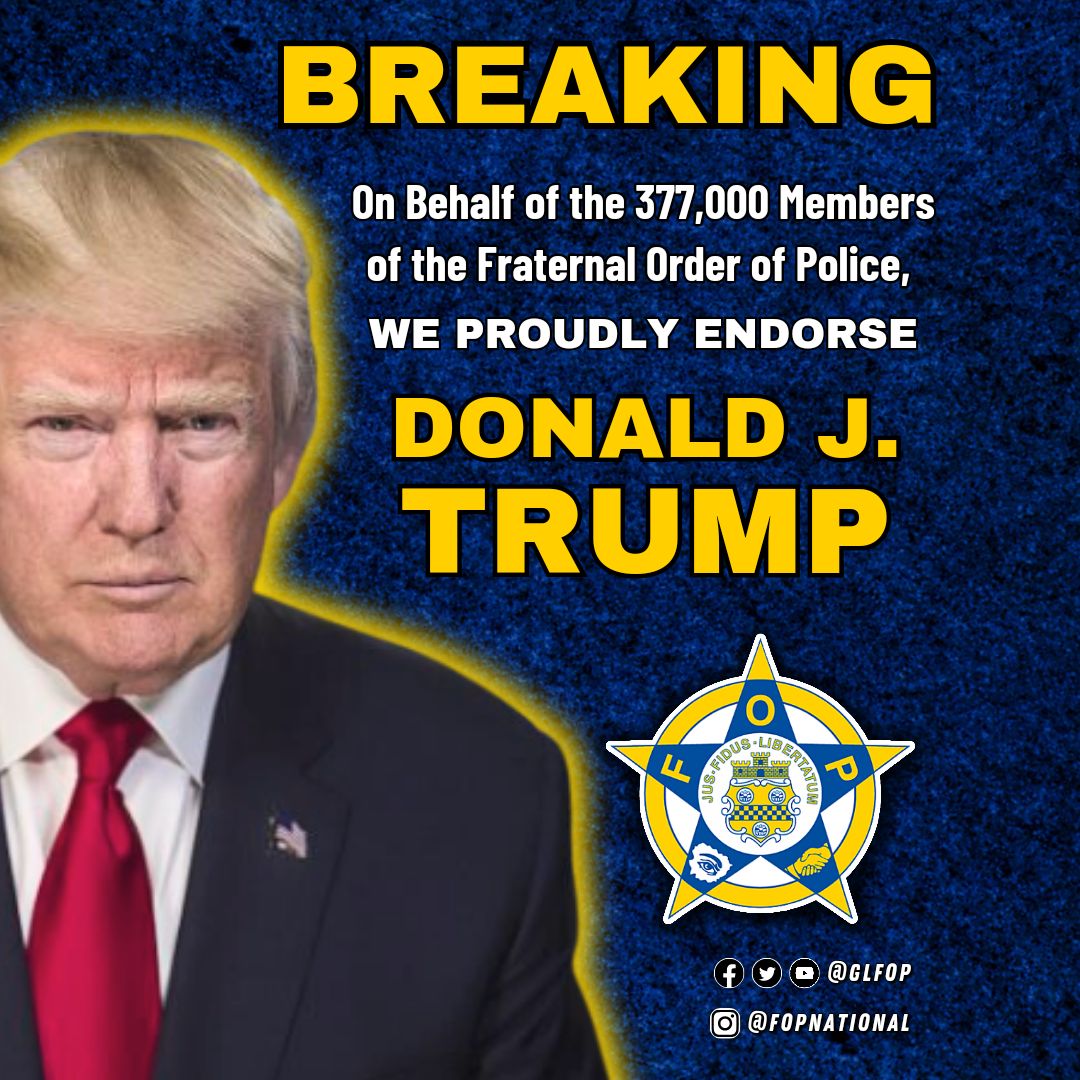The role of the police in society is built on a foundation of impartiality, integrity, and a commitment to serve and protect all citizens, free from political bias. However, recent developments have raised serious concerns about the intersection of law enforcement and political endorsements—most notably, the police unions’ support of Donald Trump, a convict facing multiple legal challenges, and someone who, after inciting an insurrection on January 6th, 2021, contributed to an attack that left police officers injured and one dead.
This endorsement raises troubling questions about the values, ethics, and mission of the police. The events of January 6th saw law enforcement officers under siege, violently attacked by a mob motivated by lies of a stolen election—a mob encouraged by Trump himself. The very people who were supposed to uphold law and order became victims of political manipulation. Endorsing a figure who not only endangered their lives but also encouraged an attack on the very democratic process they are sworn to protect is a profound contradiction of police values.
The police, as a public institution, must remain neutral and avoid any appearance of political favoritism. They are entrusted with the sacred duty to enforce the law impartially, regardless of who is in power or what party they represent. By aligning themselves with a political figure, particularly one as polarizing as Trump, they risk undermining the public’s trust in their ability to serve fairly. When law enforcement becomes entangled in politics, it erodes the very foundation of democracy—creating divisions, fostering bias, and enabling political entrapment.
Endorsing candidates, especially those embroiled in criminal cases and accused of undermining democratic institutions, sends a dangerous message: that the police are no longer neutral protectors of the law but are, instead, political actors. This endorsement not only compromises the credibility of law enforcement but also puts them in direct conflict with the diverse communities they serve.
The police should never endorse anyone, let alone someone with such a controversial and legally fraught history. By doing so, they risk alienating vast segments of the population and eroding public confidence in their ability to perform their duties without bias. The duty of the police is to uphold the law impartially, not to engage in politics or support candidates with agendas that conflict with the mission of justice and protection for all.
In these politically charged times, it is more important than ever for law enforcement to maintain their independence, reaffirm their commitment to impartiality, and avoid being drawn into the political fray. If the police are to be the bastions of order, justice, and democracy, they must stand apart from politics and focus on their duty to serve all Americans equally.

Renaldo McKenzie,
The Neoliberal Journals, The Neoliberal Post




